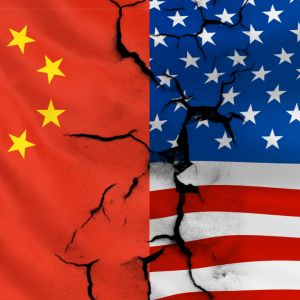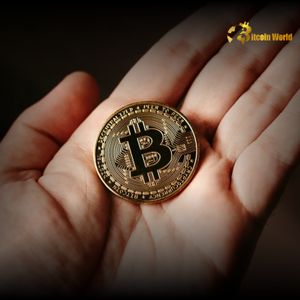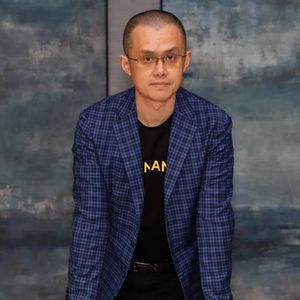The fragile US-China trade agreement that was patched together earlier this month in Geneva is already on the edge of collapse, according to the Wall Street Journal. The sticking point? Rare earth minerals. The United States says China promised to resume exports of these critical resources in exchange for a 90-day pause on tariffs. But Beijing hasn’t kept that promise, and now tensions are rising fast. The agreement was struck after long negotiations between Treasury Secretary Scott Bessent, US Trade Representative Jamieson Greer, and China’s Vice Premier He Lifeng. In the final stretch of talks, the US made it clear: no rare earths, no truce. He agreed. Both sides then paused most of their tariffs, giving global investors something to breathe about. But it didn’t last. China delays export licenses after AI chip warning Since that Geneva meeting, China has continued to stall the approval process for export licenses tied to rare earth minerals and similar materials. These elements are used to build everything from cars to semiconductors. On Friday, President Donald Trump publicly accused China of backing out of its commitments. “China, perhaps not surprisingly to some, HAS TOTALLY VIOLATED ITS AGREEMENT WITH US,” he wrote on Truth Social. Greer added that China was “slow-rolling” its side of the agreement and directly pointed to rare earths as the issue. The delay appears to have started shortly after the US Commerce Department issued a new warning on May 12. That warning told companies around the world to avoid using Huawei’s Ascend artificial intelligence chips, regardless of location. China didn’t take that lightly. Officials in Beijing saw it as a hostile move, and immediately raised complaints with Washington. Bessent’s team responded by saying the warning was just a continuation of existing US policy. But that didn’t calm Beijing. Instead, He and his team began stalling the rare earth approvals that were part of the Geneva deal. People briefed on the negotiations say Xi Jinping, China’s leader, hasn’t budged either. Some US automakers have already started raising red flags to the White House. They say that if the rare earth supply doesn’t resume soon, factories in the US could face pandemic-era style shutdowns. These minerals are baked into nearly every part of car production, and without them, assembly lines grind to a halt. Washington hits back with export controls and visa revocations In response to the stalled deal, the Trump administration has started tightening its own controls. The US has now imposed new limits on exports to China—especially targeting technology and software involved in producing C919 commercial airliners, a national priority project backed by Xi himself. Certain chip design software also falls under the restrictions. Meanwhile, Liu Pengyu, the spokesperson for the Chinese Embassy in Washington, issued a statement saying China has “repeatedly raised concerns” about US export controls in the tech sector. Liu added that China urges the US to “jointly uphold the consensus reached at the high-level talks in Geneva.” Behind the scenes, Bessent told Fox News on Thursday that he believes it might take a direct call between Trump and Xi to salvage the deal. “I think that given the magnitude of the talks, given the complexity, that this is going to require both leaders to weigh in with each other,” Bessent said. Trump himself confirmed he plans to speak with Xi, saying he hopes they can “work it out.” As backup, the White House is working on a Plan B for its trade war strategy, especially after a federal court ruling disrupted parts of Trump’s current tariff program. That court decision has weakened some of the tools Trump’s team was using in negotiations, so they’re looking for alternatives that don’t rely on those tariffs. And the pressure campaign doesn’t stop there. The US has also begun revoking student visas for Chinese nationals studying at American universities. Officials say it’s part of a broader effort to protect US innovation and prevent intellectual property theft. China’s Foreign Ministry called the move “politicized and discriminatory.” Chinese officials who were involved in the Geneva talks have said they’re still willing to keep the conversation going. But their actions don’t show much urgency. Approval for rare earth exports remains blocked. Xi’s team has not taken any public steps to resume compliance. Cryptopolitan Academy: Coming Soon - A New Way to Earn Passive Income with DeFi in 2025. Learn More



















